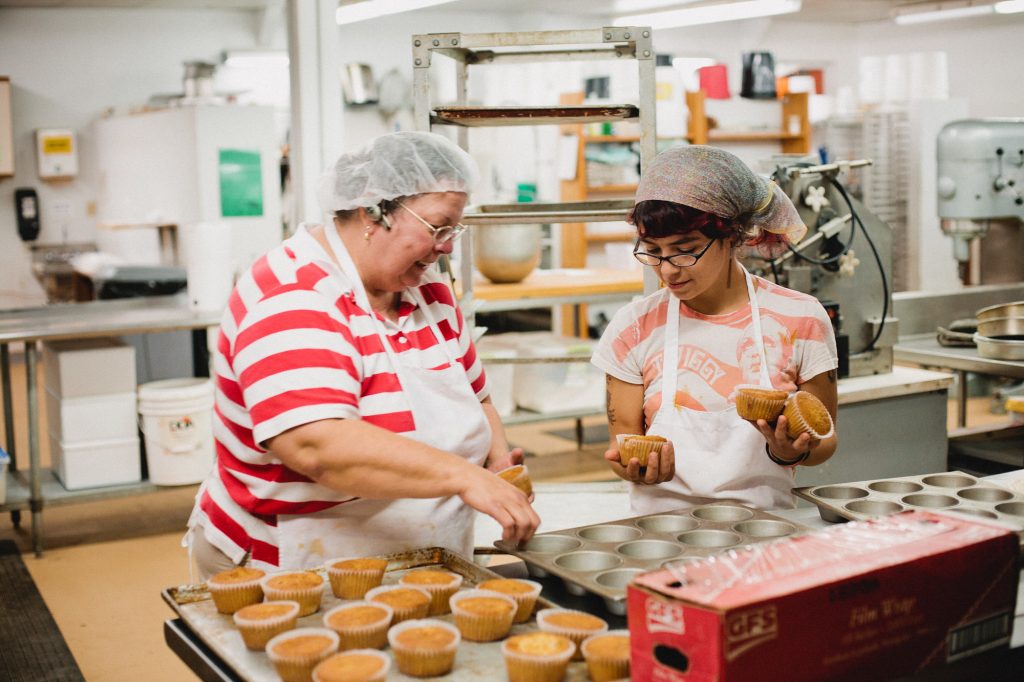
The Earned Income Tax Credit: Why It Matters to Rural and Native Young People
By the Rural Youth Catalyst Project
Issue to Watch: Earned Income Tax Credit permanent expansion in the Reconciliation Bill.
Why We Care: Most of us are aware of, or have received two important, long standing tax credits: Earned Income Tax Credit (EITC) and the Child Tax Credit (CTC). In 2018, the EITC moved 5.6 million individuals out of poverty. Unfortunately, young adults under the age of 25 were not eligible for these gains.
Each of these tax credits received significant and critical provisions earlier this year with the passage of the American Rescue Plan Act.
Both of these provisions provide sizable and immediate support to individuals and families especially to those that have been hit the hardest economically by the pandemic. While the spotlight has been on the CTC, equally vital have been the changes to the EITC especially for rural young adults. However, these vital expansions were only approved for one year and now need to be made permanent in the pending Reconciliation Bill.
What Expansions Are You Talking About?
The EITC is a powerful tax credit but it largely excluded workers not raising children, providing only a tiny credit to a very small number of these workers. More importantly, young people were excluded altogether. The American Rescue Plan Act temporarily fixed these flaws at a critical time by:
- Lowering the eligibility age from 25 to 19 years old. And to 18 for homeless young people or for young adults transitioning out of foster care.
- Raising the maximum credit from $540 to $1,500.
- Raising the income cap to qualify from about $16,000 to at least $21,000.
Why Is This Important to Rural and Native Young People?
Young people have carried the economic brunt of the pandemic with over half of unemployed young people unable to work due to COVID-19. Additionally, when employment was available, young people filled many of the essential jobs (cashiers, food prep/service, eldercare), serving on the front lines while receiving the lowest wages. Prior to the epidemic, the childhood poverty rates and the numbers of rural and Native opportunity youth were significantly higher than their urban peers. Now our young people are arriving into early adulthood facing even greater barriers and limited career pathway opportunities.
An estimated nearly 5 million young people ages 19-24 will benefit from the permanent expansion of EITC and 21 percent of workers without children in rural areas will benefit from the EITC expansion, compared to 17 percent of those in metro areas. An extra $1500 matters; for rural and Native young people, ETIC provides an equitable pipeline to economic security. It can help young adults gain safe and stable housing, offset transportation costs, buy food, or pay student loans.
What You Can Do: The ETIC expansion is currently part of the Reconciliation Bill which the Senate approved on August 11th, 2021. It has now been sent to committees to create a detailed bill where tradeoffs will be made-what stays in and what is deleted. We need to ensure that the provisions to make EITC permanent are not dropped from the bill. Once it is approved in committees it will need to pass through Congress and be signed by the President. This process will likely take several weeks or months.
Here’s what you can do to show your support:
- Contact your Congressional offices and let your leaders know that you support the permanent expansion of EITC and CTC in the Reconciliation Bill.
- If you work with young people, let them know about these expansions and how it affects their lives.
- Make sure they are aware of these opportunities when they complete their 2021 taxes.
- Create opportunities for your young people to voice their support for EITC to their Congressional Leaders. You can write a group letter that you all sign, or create a template that each young person can use to write their own letter, or if feasible, have them visit their district offices to share their opinions.
Need to learn more? Check out these resource sheets from our partners at the Center on Budget and Policy Priorities (CBPP).
- https://www.cbpp.org/research/federal-tax/american-rescue-plan-act-includes-critical-expansions-of-child-tax-credit-and
- https://www.cbpp.org/blog/president-elects-plan-includes-vital-eitc-increase-for-adults-not-raising-children
- https://www.cbpp.org/sites/default/files/4-22-21tax2.pdf
The Rural Youth Catalyst Project is an independent working group aligned with the Rural Assembly. Working nationally, the Rural Youth Catalyst Project aims to strengthen and create opportunities that allow rural and Native youth to realize their hopes and dreams while remaining in or returning to their communities.
Collaborate with us: For additional information about the Rural Youth Catalyst Project or to collaborate with us please contact Kim Phinney and Kathy Moxon. Kim can be reached at [email protected] and 802-922-2274. You’ll find Kathy at [email protected] and 707-498-9502.







